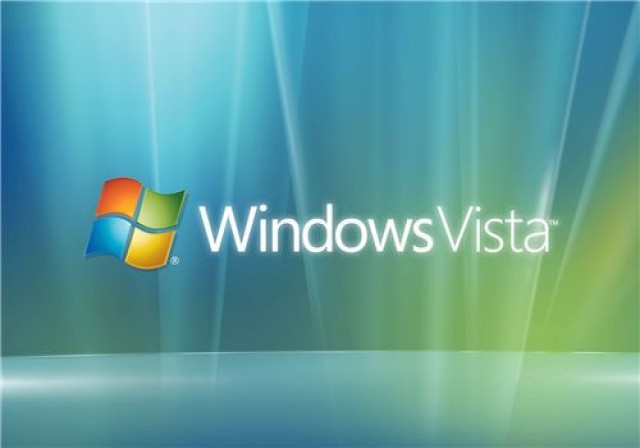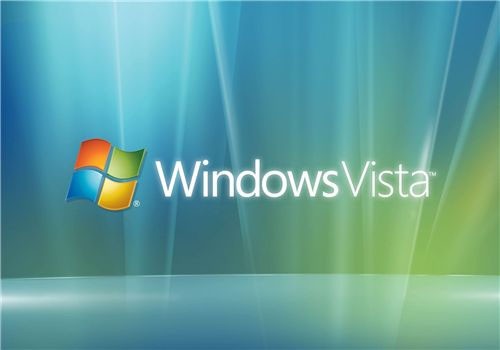Microsoft Vista comes to ASC By Barbara Toner ASC Public Affairs ASC headquarters employees are beginning to see changes in the way they use their computers, thanks to the migration from the Microsoft XP operating system to Vista. All Army computers must be switched to Vista by Dec. 31, 2009, said Randal Sayer, current operations chief, G6 (information management). ASC headquarters migration began Sept. 6 and will continue, office by office, until completion, he said. Employees will receive an e-mail approximately one week before migration, Sayer said. Vista International Operations, ASC\'s information management contractor, will collect designated computers at the end of the day and return them the next morning. During the transition, all new computers will be issued with Vista, and those requiring reimaging will automatically have it installed. Vista is a new Microsoft operating system - master software that manages computer functions and controls such tasks as memory, disk space, and input and output distribution. Vista contains many new features, including a new user interface, new security capabilities, and a variety of networking subsystems. What this means to users is that when they log into their computers, their monitor screens will look different. "You still have the same methods of getting to your applications. You still have icons; you still have the same functionality. It may be presented visually slightly different, but it's not going to change how people perform their job," Sayer said. To help with the change, the Rock Island Network Enterprise Center, formerly the Directorate of Information Management, has scheduled training classes during the month of September, said Karen Elherz, a trainer with QSS Perot Systems. A typical class consists of a demonstration on what to expect as well as a comparison between XP and Vista. A question-and-answer period follows the one-hour training session, Elherz said. Those interested in training may sign up in TED. The migration so far has been relatively smooth, Sayer said. "We've had a few quirky issues, but all have been resolved to date," he said. To reduce the problem of missing files, Sayer and his team recommend all files saved in the hard drive or desktop be transferred to My Documents. Everything saved to My Documents will be backed up. Any documents on the desktop but not in that folder could be lost. At other ASC locations, brigade and battalion S6 sections will be working with their host Network Enterprise Center to complete the change to Vista, Sayer said.
Microsoft Vista, Vista, Computers, Computer operating systems, technology, ASC, Army Sustainment Com
By Barbara Toner, Army Sustainment CommandOctober 1, 2009


Social Sharing